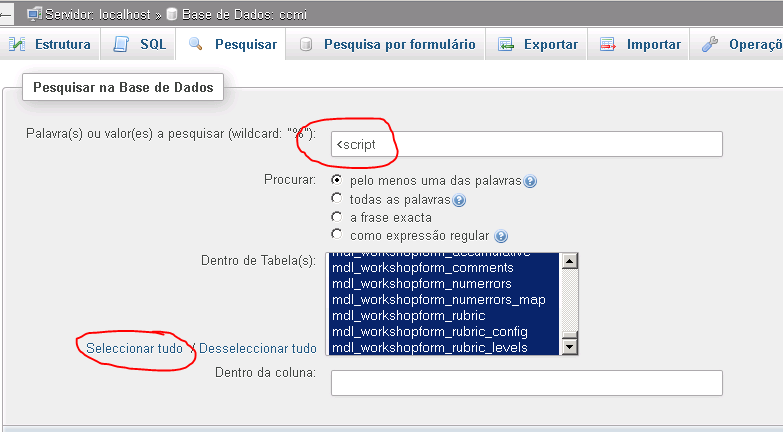MySQL is blocked because of many connection errors
More rarely, it can happen when the client is attempting the initial connection to the server. In this case, if your connect_timeout value is set to only a few seconds, you may be able to resolve the problem by increasing it to ten seconds, perhaps more if you have a very long distance or slow connection. You can determine whether you are experiencing this more uncommon cause by using SHOW STATUS LIKE ‘aborted_connections’. It will increase by one for each initial connection attempt that the server aborts. You may see “reading authorization packet” as part of the error message; if so, that also suggests that this is the solution that you need.
Try increasing connect_timeout in your my.cnf file
Another style:
MySQL: Lost connection to MySQL server at ‘reading initial communication packet’
- At some point, it was impossible for remote clients to connect to the MySQL server.
- The client (some application on a Windows platform) gave a vague description like Connection unexpectedly terminated.
- When remotely logging in with the MySQL client the following error appeared:
ERROR 2013 (HY000): Lost connection to MySQL server at 'reading initial communication packet', system error: 0
On FreeBSD this happens because there was no match found in /etc/hosts.allow. Adding the following line before the line saying ALL:ALL fixes this:
mysqld: ALL: allow
On non-FreeBSD Unix systems, it is worth to check the files /etc/hosts.allow and /etc/hosts.deny. If you are restricting connections, make sure this line is in /etc/hosts.allow:
mysqld: ALL
or check if the host is listed in /etc/hosts.deny.
In Arch Linux, a similar line can be added to /etc/hosts.allow:
mysqld: ALL
